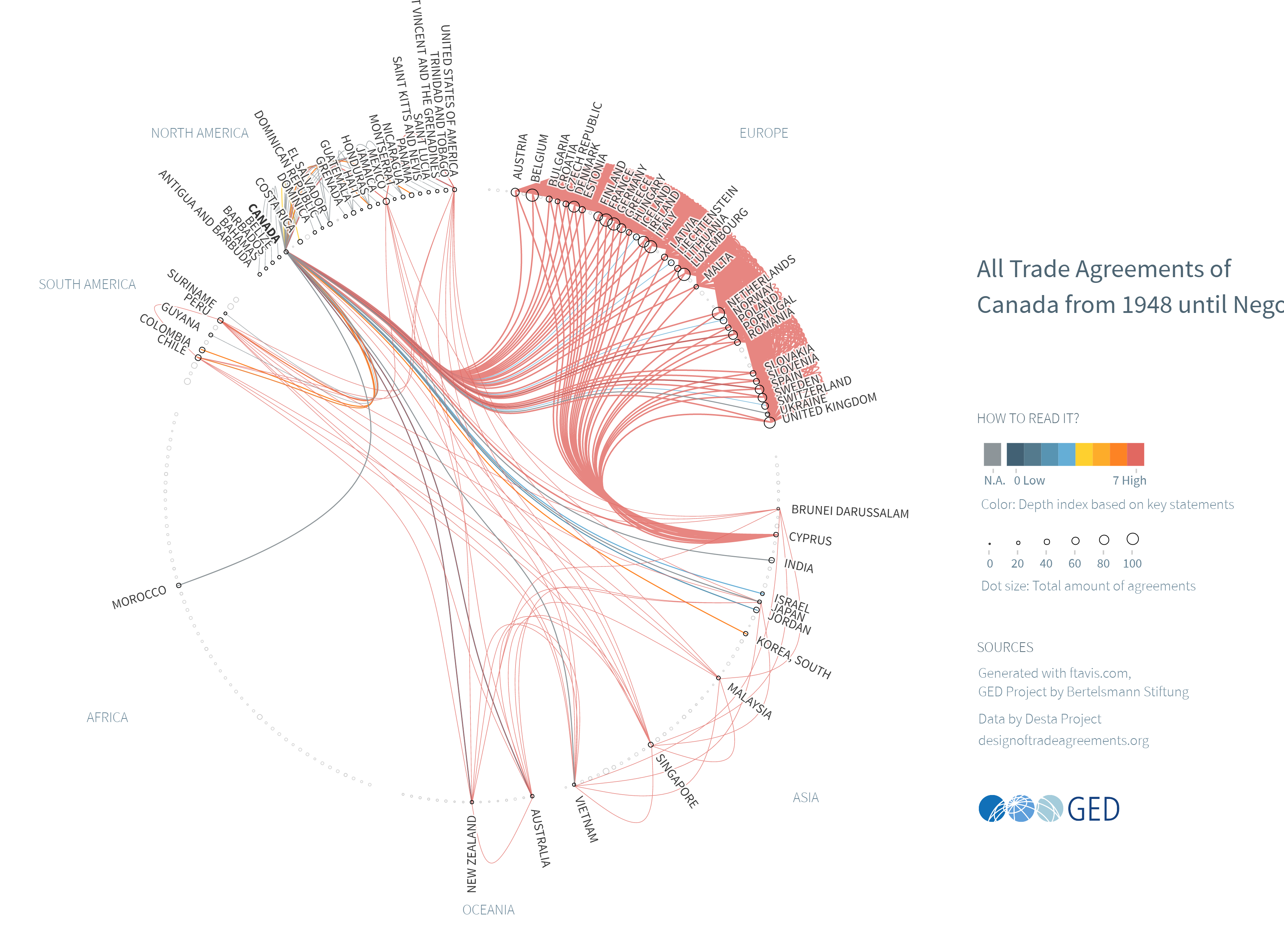Article
Foreign Aid
Foreign aid is assistance from rich, industrialized countries to poorer, developing countries. Since the 1950s Canada has been distributing cash, goods and services to poorer nations around the world. In 2012 the federal government's foreign aid spending totalled $5.67 billion (2.







.jpg)